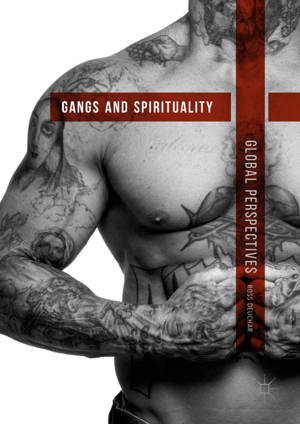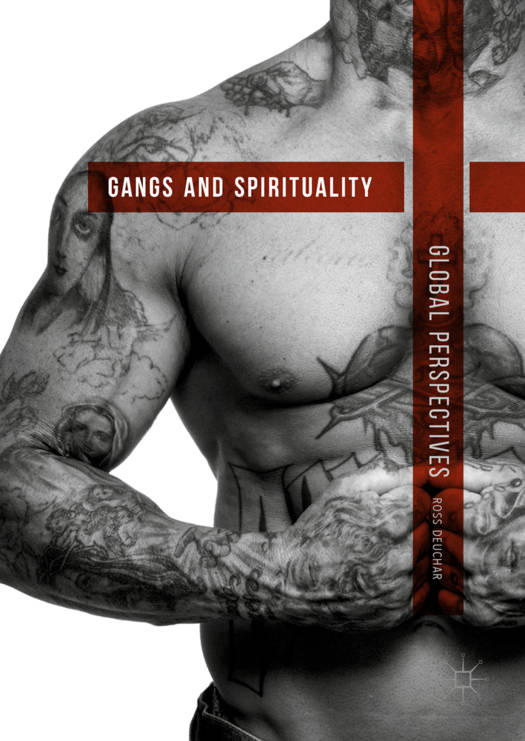
- Retrait gratuit dans votre magasin Club
- 7.000.000 titres dans notre catalogue
- Payer en toute sécurité
- Toujours un magasin près de chez vous
- Retrait gratuit dans votre magasin Club
- 7.000.0000 titres dans notre catalogue
- Payer en toute sécurité
- Toujours un magasin près de chez vous
Description
This book examines the role of religion and spirituality in desistance from crime and disengagement from gangs. Drawing upon in-depth interviews with male gang members and offenders as well as insights gathered from pastors, chaplains, coaches and personal mentors, the testimonials span three continents, focusing on the USA, Scotland, Denmark and Hong Kong. This volume offers unique empirical findings about the role that religion and spirituality can play in enabling some male gang members and offenders to transition into a new social sphere characterised by the presence of substitute forms of brotherhood and trust, and alternative forms of masculine status. The author presents critical insights into the potential relationship between religious and spiritual participation and the emergence of coping strategies to deal with the 'stigmata' that gang masculinity leaves behind. With its wide-ranging and multi-perspective approach, this book will be essential reading for students and scholars of gang culture, masculinity and spirituality, as well as policy makers and practitioners.
Spécifications
Parties prenantes
- Auteur(s) :
- Editeur:
Contenu
- Nombre de pages :
- 267
- Langue:
- Anglais
Caractéristiques
- EAN:
- 9783319788982
- Date de parution :
- 31-05-18
- Format:
- Livre relié
- Format numérique:
- Genaaid
- Dimensions :
- 148 mm x 210 mm
- Poids :
- 498 g

Les avis
Nous publions uniquement les avis qui respectent les conditions requises. Consultez nos conditions pour les avis.






